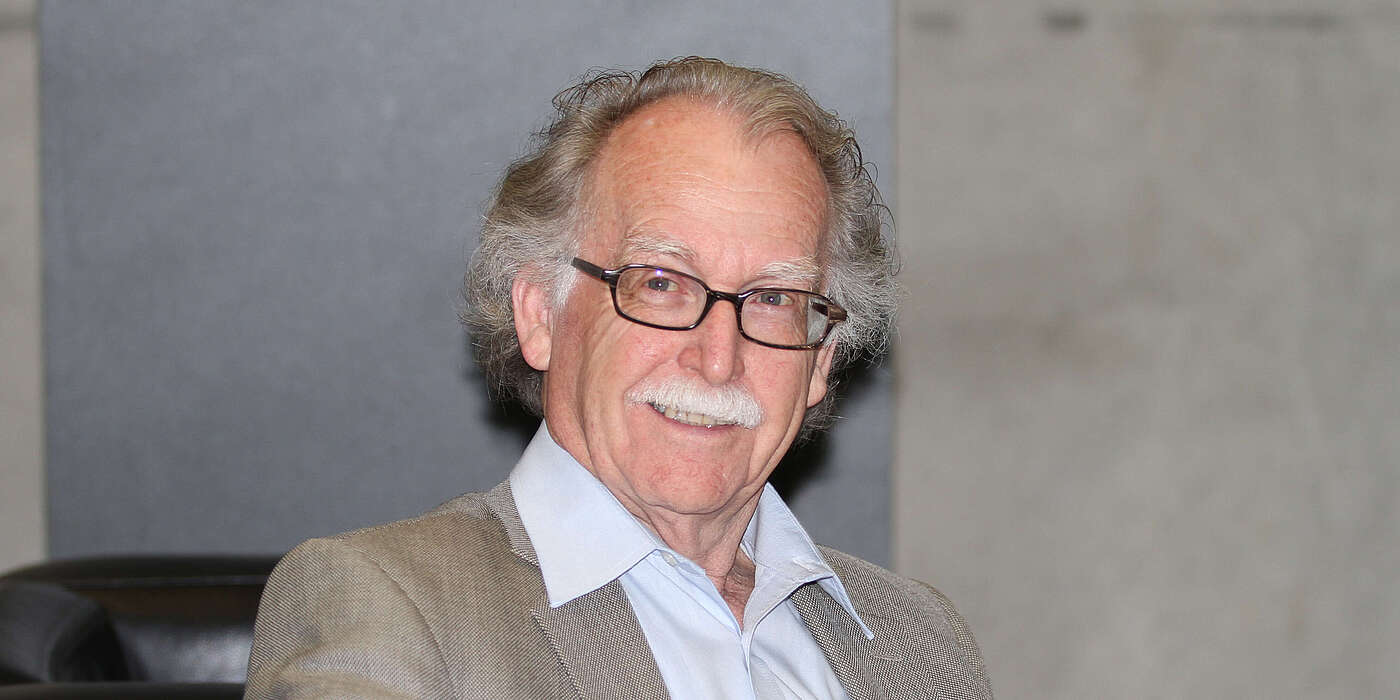Personalized medicine, a drug therapy tailored to the individual patient, is no longer a future vision on the horizon. One of the pioneers of this individualized therapy is Urs A. Meyer, Professor emeritus of Pharmacology. Meyer carried out research in the field of pharmacogenomics and discovered how genetic variability between people can be responsible for different therapeutic drug effects. For his scientific achievements, Prof. em. Urs A. Meyer has now received the "2019 Lifetime Achievement Award" of the EACPT.
During his research career, Meyer dealt with the question of why the same drug can have different effects in different patients. He was one of the first to show that person to person variation in the genome can have an impact on drug response. Meyer initially identified gene variants of the enzymes of the cytochrome P450 system, which influence how rapidly a drug is metabolized or eliminated. This can lead to a drug overdosage, lack of drug effect or to adverse side effects. With his team, Meyer also developed the first pharmacogenetic test for clinical application. Furthermore, he discovered why patients with the inherited metabolic disease hepatic porphyria are extremely sensitive to certain drugs. In addition to genetic causes, Meyer has shown the influence of environmental factors such as fasting, certain foods or other medications on drug action. His fundamental findings are not only found in textbooks, but also breaking their way into everyday practice. DNA tests are now performed in numerous hospitals to identify genetic variants influencing both desired and adverse drug reactions. Thanks to Meyer's research in particular, the development away from a therapy based on average response towards personalized medicine has significantly advanced.
Meyer's scientific work has been reflected in over 340 original publications, reviews and book chapters. In 2001 and the following years, he was one of the most cited researchers in the field of pharmacology and personalized medicine. In addition to his scientific activities, Meyer also served as chairman of the Biozentrum and was committed to training programs for students as well as to Swiss and international research policy, for instance as president of the clinical section of the Swiss National Science Foundation (SNSF) and as advisor to the WHO and the NIH.
Meyer studied medicine and received his doctorate from the University of Zurich in 1967. He then was trained in internal medicine and carried out research at the University of California, San Francisco. In 1975, Meyer returned to Switzerland and was Head of the Division of Clinical Pharmacology at the University Hospital Zurich. From 1983 until his retirement in 2008, he worked and taught as Professor of Pharmacology at the Biozentrum. Meyer has received numerous prizes and honors for his outstanding scientific achievements, including the Cloëtta Prize for Medical Research and the Rawls-Palmer Award for Progress in Medicine of the American Society of Clinical Pharmacology and Therapeutics.
Contact: Communications, Katrin Bühler



